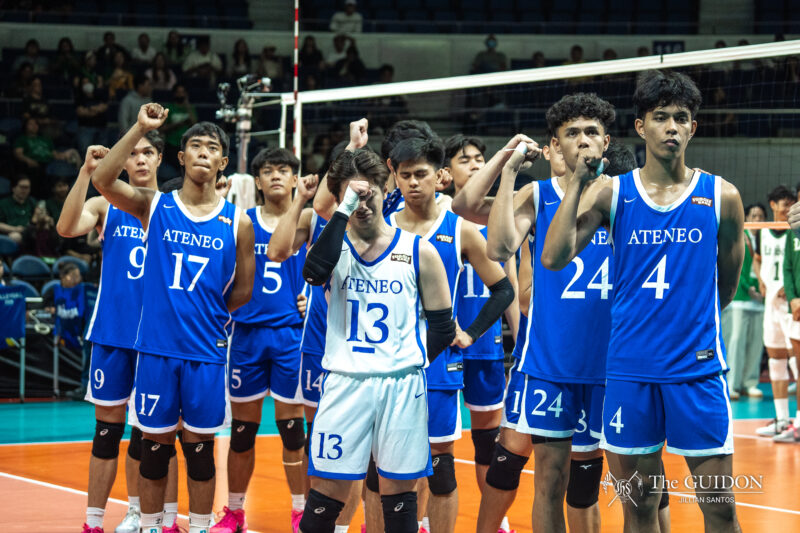SINCE ITS humble start in 2006, the Loyola Schools (LS) Bookstore has assumed an integral role in the Ateneo as a sales outlet that provides a plethora of products ranging from school supplies to Ateneo-themed apparel.
This year, the LS Bookstore deepens its role in the Ateneo community by paying tribute to the people responsible for the development of students—educators—through its Professorial Chair donations.
A Professorial Chair is an endowment given to professors to fund their research.
As a non-restricted professorial chair, the LS Bookstore chair donation can benefit all teachers from all faculties, regardless of discipline.
Associate Dean for Research and Creative Work Armando Guidote Jr., said, “This is in contrast to other Professorial Chairs which are restricted to a specific discipline which have clauses as to who the beneficiaries can be. “
“After the restricted chairs have been assigned, the LS Bookstore non-restricted chair will help see to it that no faculty member who qualifies for a chair is without one,” he added.
On October 5, World Teacher’s Day, the LS Bookstore formally presented its non-restricted Professorial Chair donation.
Present in the event were University President Fr. Bienvenido Nebres, SJ, Ateneo Scholarship Fund Executive Director Fr. Nemesio Que, SJ, LS Vice President (VP) John Paul Vergara, and LS Bookstore Director William Mallari.
Grant for the deserving
According to Guidote, the Professorial Chair Award is financed from earnings of endowments. “It consists of a financial award to a deserving faculty member. The grant is generally given to permanent full-time faculty members with the rank of Professor,” he said.
Guidote added that “the [Ateneo LS] Faculty Manual [states that] when funds are available, awards may also be given to Associate Professors. Chairs are given yearly [awards] at the start of the school year.”
Beginnings
The Ateneo LS Professorial Chair began during the term of former LS VP Assunta Cuyegkeng. The LS Bookstore is currently financing eight scholars; but according to Mallari, they would also like to help faculty in their research and creative work through the professorial chair.
Nebres said that professorial grants started several years ago in order to have additional funds to support faculty research. He said that the focus on Philippine research dates back to 10 years ago. The move was a shift from immense attention on developing undergraduate and graduate programs to the understanding that research was also important in society.
However, while Nebres believed that professorial chair is essential in encouraging and supporting faculty in their research programs, he says that it is still limited.
“[Professorial chair endowments] don’t really support the big research programs,” he said.
For the bigger research programs, Nebress says that faculty members get funding from external institutions such as the Department of Science and Technology and the National Economic Development Authority for the Social Sciences.
Encouraging research
According to Guidote, Professorial Chairs aim to recognize faculty for their research and creative work (RCW).
“Faculty RCW benefits the world, nation, and community in terms of enriching lives by innovations in teaching, development of new concepts and gadgets, reflections and insights on love and life through poems, essays, short stories, and theater,” he said.
Nebres also emphasized the value of research. He said, “there is a greater recognition of our obligation to create new knowledge that will help the Philippines become more competitive and that’s why we could see more and more that we have to find ways to source research.”






